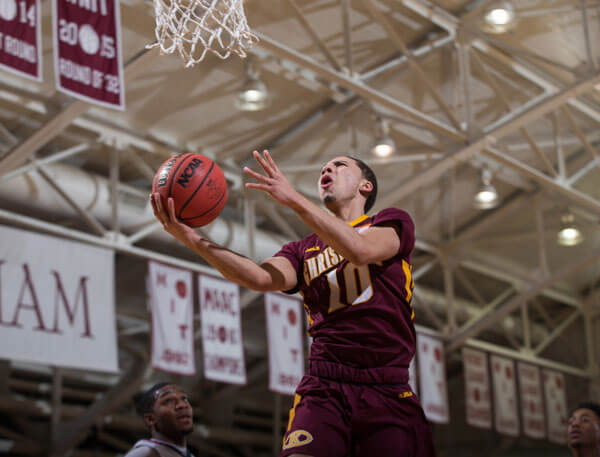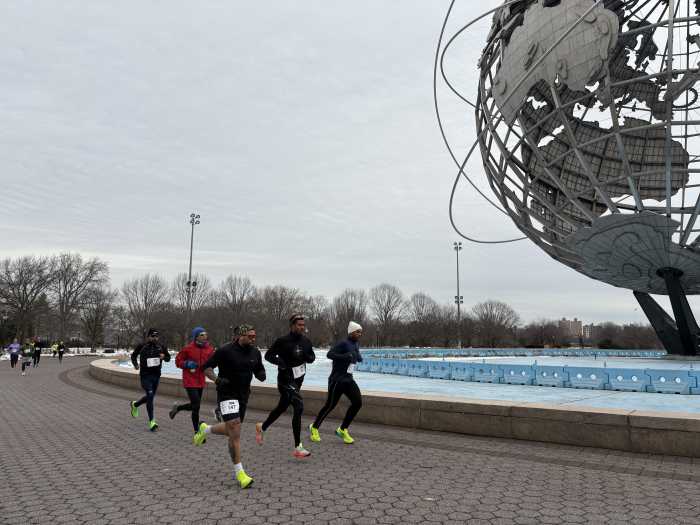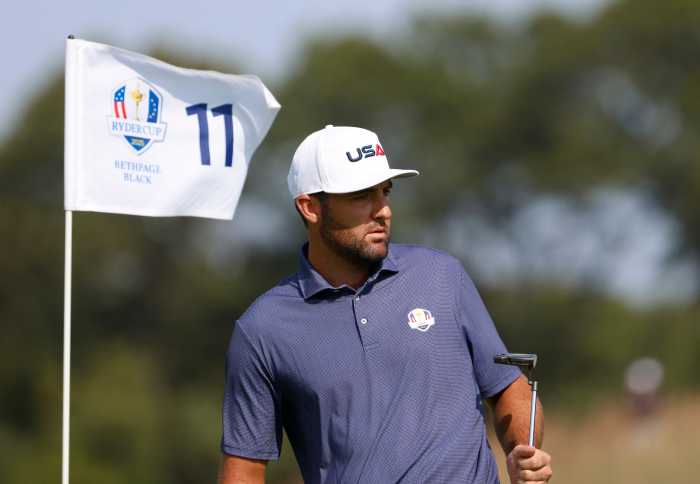By Joseph Staszewski
Mets fans can all rattle off the special years in franchise history: 1969, 73, 86, 88, 2000, 2006 and now 2015. What’s missing is an Amazin’ era.
The Mets have made the playoffs in consecutive seasons just once—in 1999 and 2000—and have never won back-to-back division crowns. It was supposed to happen so many other times, most recently in 2007 when the team historically collapsed in September. Instead, the Phillies won the World Series and became the dominant team in the NL East. The Mets would post six straight losing years before putting it all together in 2015.
It is the history, as much as opposing teams, that the current group is competing against.
It is why manager Terry Collins wanted the club’s home opener, a 7-2 win against the Phillies April 8, to be over as quickly as possible. He wanted to officially move past 2015, so the team could get on with finishing the job and not ending up like so many other Mets teams that had similar expectations.
“2015 is over,” Collins said. “With what we accomplished last year there is a lot of excitement, but we have to get focused on the remaining 159 games now. I’m glad we won, glad our fans got to see us win, and are excited. We plan on winning a lot more. Right now it is time to focus on 2016.”
What could make this group different from the others is its pitching and the young core of Lucas Duda, Michael Conforto and Travis d’Arnaud to go along with Wilmer Flores and Juan Lagaras. It leaves the Mets a much larger window for success than was the case with the teams of the past, each of whose rosters took a step back the year after making the World Series or NLCS.
The pitching. Oh, pitching is still the reason for everyone’s optimism that the Mets can not only win the World Series this season, but contend for one for years to come.
“What emerged from our system was some outstanding pitching,” said general manager Sandy Alderson. “What became apparent was our goals was to hold on to it, hold on to the talent, hold on to the pitching.”
Finances will decide that, but for now Matt Harvey, Jacob deGrom, Noah Syndergaard, Steven Matz and even Bartolo Colon give you a chance to win and control the game every time out. They don’t even have to be at their best.
“The nights they don’t have their best stuff they still compete,” Collins said. “They just don’t throw their hands up and say ‘Woe is me, I don’t have it tonight.’ They get through it and they compete.”
It’s exactly what deGrom did over six innings, with his velocity down a bit, before leaving as a precautionary measure with a tight lat. He allowed one run, struck out six, scattered five hits and did not walk a batter. He had—though not smartly—considered continuing to pitch.
“I was going to go out there for the seventh and then thought twice about it,” deGrom said.
It is an understanding that is about more than one game and more than one year. The challenge for his group is sustaining success, so that 2015 is not the only season the current group of Mets will get to celebrate.
An amazing year is no longer good enough, but the real goal should be the sustained success that has eluded the Mets so far.


































